“Hills Like White Elephants” is a short story by Ernest Hemingway, first published in 1927. It is known for its minimalist style, subtextual storytelling, and the use of the iceberg theory, where the surface dialogue is simple but the underlying meaning is profound and complex.

✅ AI Essay Writer ✅ AI Detector ✅ Plagchecker ✅ Paraphraser
✅ Summarizer ✅ Citation Generator
Detailed Overview
The narrative is set at a train station in rural Spain and unfolds through a conversation between an American man and a girl named Jig. They are waiting for a train to Madrid and engage in a seemingly casual conversation while drinking beer and anise liqueur. However, their dialogue carries undercurrents of tension and conflict, revolving around an unnamed operation that the American man is persuading Jig to undergo, implied to be an abortion.
Extensive Plot Summary
The story opens with a description of the landscape around the train station, highlighting the contrasting sides—one dry and barren, the other fertile and green, symbolizing the girl’s dilemma and her potential choices. As the couple waits for their train, they discuss their situation in veiled terms, with the American man attempting to reassure Jig that the operation is simple and safe, while Jig appears ambivalent and conflicted.
The conversation shifts from the operation to their relationship, with the American emphasizing the benefits of going through with the procedure, promising that everything between them will return to how it was before. Jig, on the other hand, seems to seek a deeper connection and understanding, expressing her doubts and desires indirectly. The tension escalates as they continue to drink and talk, with Jig eventually asking the man to stop talking, signaling her frustration and the emotional distance between them.
As the story concludes, the couple prepares to board the train. The ending is ambiguous, leaving Jig’s decision unresolved and the future of their relationship uncertain. The story closes with the American carrying their bags to the tracks and returning to find Jig feigning a semblance of peace, though the underlying issues remain unaddressed.
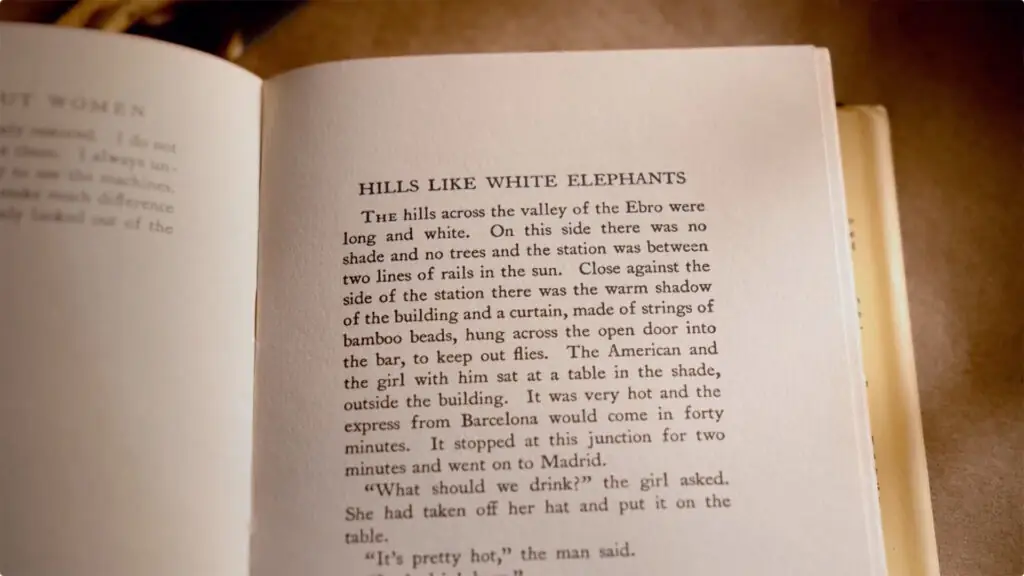
Insights
“Hills Like White Elephants” is celebrated for its exploration of communication, gender dynamics, and the complexities of choice. Hemingway’s writing style—terse and loaded with subtext—forces readers to infer the characters’ emotions and motives, illustrating the often-unsaid tensions in human relationships. The story also reflects on the themes of freedom and responsibility, contrasting the transient, carefree lifestyle of the couple with the serious, life-altering decision they face.
Notable Quotes
- “The hills across the valley of the Ebro were long and white.”
- “Would you please please please please please please please stop talking?”
Suggestions for Similar Books
- “The Garden Party” by Katherine Mansfield: This short story also explores subtle family dynamics and social issues through a seemingly simple plot, emphasizing character emotions and societal commentary.
- “The Lottery” by Shirley Jackson: Though thematically different, Jackson’s story shares Hemingway’s knack for embedding profound themes within a straightforward narrative, using the setting and dialogue to build tension and convey deeper meanings.
- “Cathedral” by Raymond Carver: Carver’s stories, like Hemingway’s, often feature minimalist writing and a focus on subtext, exploring complex human emotions and relationships through simple, everyday scenarios.
“Hills Like White Elephants” stands out as a masterclass in the power of minimalist storytelling, where what is left unsaid carries as much weight—if not more—than the spoken words. The story’s open-ended nature and rich subtext continue to invite analysis and interpretation, making it a timeless piece in American literature.
Follow us on Reddit for more insights and updates.


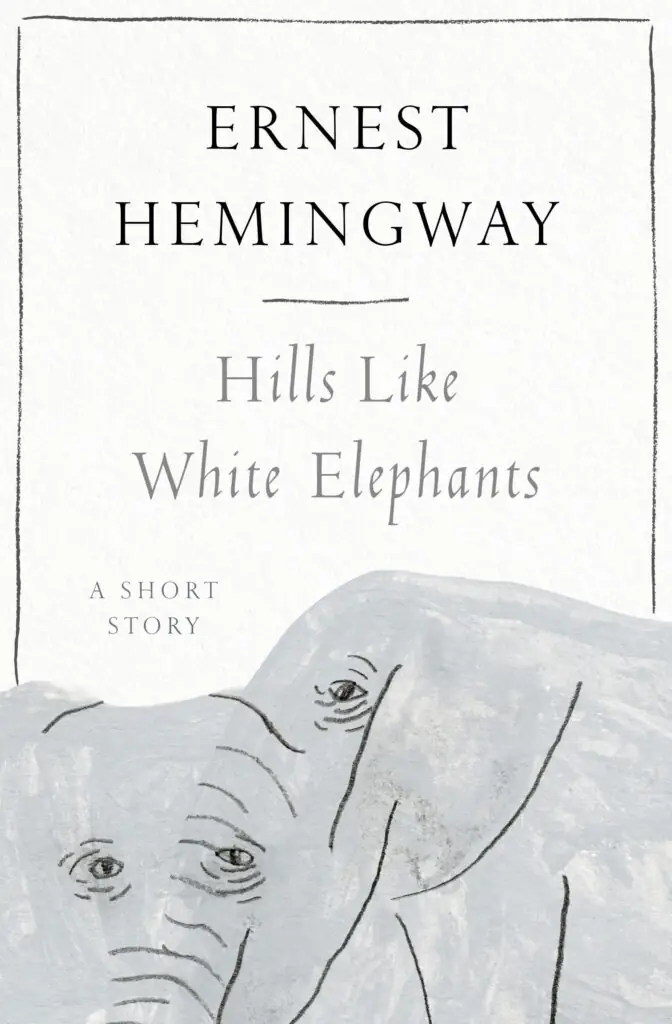
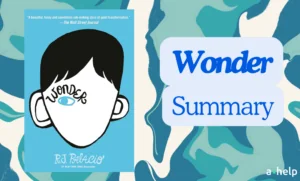
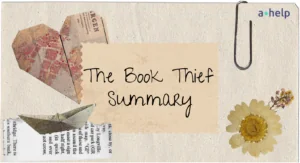
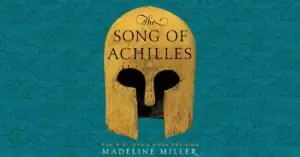
Comments (0)
Welcome to A*Help comments!
We’re all about debate and discussion at A*Help.
We value the diverse opinions of users, so you may find points of view that you don’t agree with. And that’s cool. However, there are certain things we’re not OK with: attempts to manipulate our data in any way, for example, or the posting of discriminative, offensive, hateful, or disparaging material.